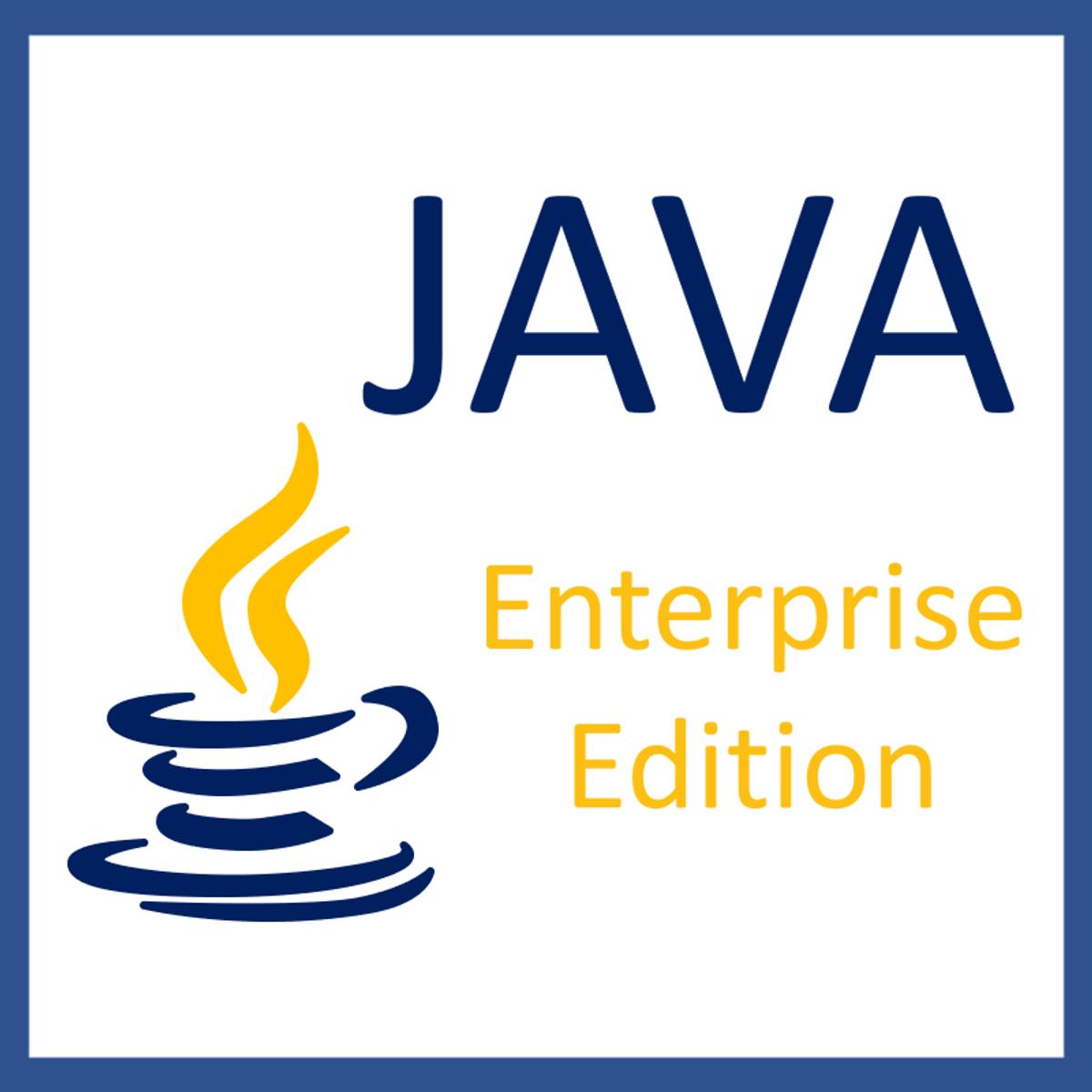
We’ll learn the purpose and some of the features of sessions. We’ll review basic servlet construction, examine servlet lifecycle, and take a look at how servlets maintain state. We’re going to dive a little deeper into session management, including request scope, application scope, and cookies.
What's inside
Syllabus
Module Understanding Sessions
In module one we’ll learn the purpose and some of the features of sessions. We’ll review basic servlet construction, examine servlet lifecycle, and take a look at how servlets maintain state.
Read more
Syllabus
Good to know
Save this course
Activities
Review HTTP Servlet basics
Show steps
Refresh your knowledge of HTTP Servlet basics to better understand the course material.
Browse courses on
Servlets
Show steps
-
Read through the Servlet documentation.
-
Review examples of Servlet implementations.
-
Complete a practice coding exercise involving Servlets.
Follow a tutorial on Servlet lifecycle
Show steps
Delve deeper into Servlet lifecycle by following a guided tutorial.
Show steps
-
Locate a comprehensive tutorial on Servlet lifecycle.
-
Work through the tutorial step-by-step.
-
Implement what you learned in a practice project.
Participate in a study group on Servlets
Show steps
Engage with peers to discuss and learn about Servlets.
Browse courses on
Servlets
Show steps
-
Find or form a study group focused on Servlets.
-
Meet regularly to discuss course material and work on projects.
-
Collaborate on assignments and provide feedback to each other.
Three other activities
Expand to see all activities and additional details
Show all six activities
Solve practice problems on session management
Show steps
Solidify your understanding of session management through practice problems.
Browse courses on
Session Management
Show steps
-
Find a collection of practice problems on session management.
-
Attempt to solve the problems on your own.
-
Review your solutions against provided answer keys.
Develop a Servlet application that demonstrates session management
Show steps
Apply your knowledge of session management by building a practical application.
Browse courses on
Session Management
Show steps
-
Design the architecture of your Servlet application.
-
Implement the necessary code to handle session management.
-
Test and debug your application thoroughly.
Create a diagram explaining the flow of a Servlet request
Show steps
Enhance your understanding of Servlet request flow by creating a visual representation.
Browse courses on
Servlets
Show steps
-
Identify the key steps involved in a Servlet request.
-
Create a diagram that illustrates the flow of these steps.
-
Share your diagram with others for feedback.
Review HTTP Servlet basics
Show steps
Refresh your knowledge of HTTP Servlet basics to better understand the course material.
Browse courses on
Servlets
Show steps
- Read through the Servlet documentation.
- Review examples of Servlet implementations.
- Complete a practice coding exercise involving Servlets.
Follow a tutorial on Servlet lifecycle
Show steps
Delve deeper into Servlet lifecycle by following a guided tutorial.
Show steps
- Locate a comprehensive tutorial on Servlet lifecycle.
- Work through the tutorial step-by-step.
- Implement what you learned in a practice project.
Participate in a study group on Servlets
Show steps
Engage with peers to discuss and learn about Servlets.
Browse courses on
Servlets
Show steps
- Find or form a study group focused on Servlets.
- Meet regularly to discuss course material and work on projects.
- Collaborate on assignments and provide feedback to each other.
Solve practice problems on session management
Show steps
Solidify your understanding of session management through practice problems.
Browse courses on
Session Management
Show steps
- Find a collection of practice problems on session management.
- Attempt to solve the problems on your own.
- Review your solutions against provided answer keys.
Develop a Servlet application that demonstrates session management
Show steps
Apply your knowledge of session management by building a practical application.
Browse courses on
Session Management
Show steps
- Design the architecture of your Servlet application.
- Implement the necessary code to handle session management.
- Test and debug your application thoroughly.
Create a diagram explaining the flow of a Servlet request
Show steps
Enhance your understanding of Servlet request flow by creating a visual representation.
Browse courses on
Servlets
Show steps
- Identify the key steps involved in a Servlet request.
- Create a diagram that illustrates the flow of these steps.
- Share your diagram with others for feedback.
Career center
Enterprise Java Architect
Java EE Developer
Senior Java Developer
Java Developer
Software Architect
Web Architect
Software Engineer
Database Administrator
Information Security Analyst
Systems Analyst
Web Developer
Enterprise Architect
IT Manager
Project Manager
Business Analyst
Reading list
Share
Similar courses
OpenCourser helps millions of learners each year. People visit us to learn workspace skills, ace their exams, and nurture their curiosity.
Our extensive catalog contains over 50,000 courses and twice as many books. Browse by search, by topic, or even by career interests. We'll match you to the right resources quickly.
Find this site helpful? Tell a friend about us.
We're supported by our community of learners. When you purchase or subscribe to courses and programs or purchase books, we may earn a commission from our partners.
Your purchases help us maintain our catalog and keep our servers humming without ads.
Thank you for supporting OpenCourser.



